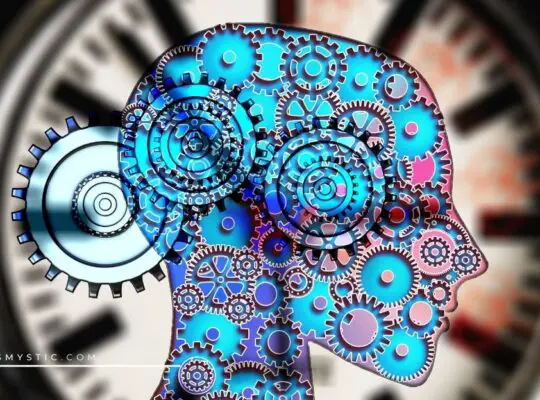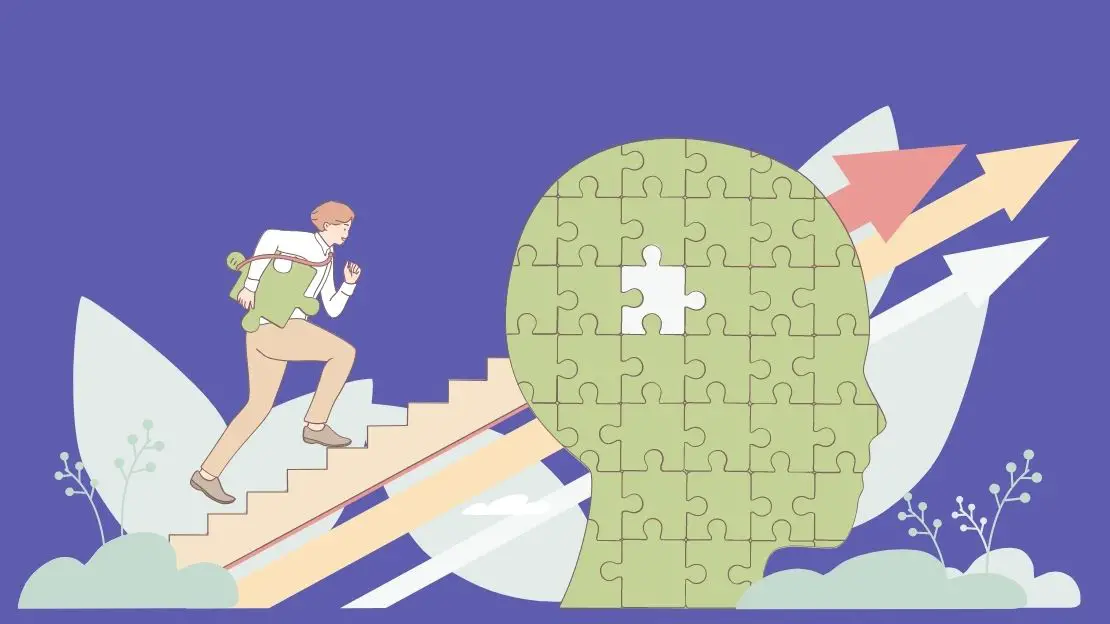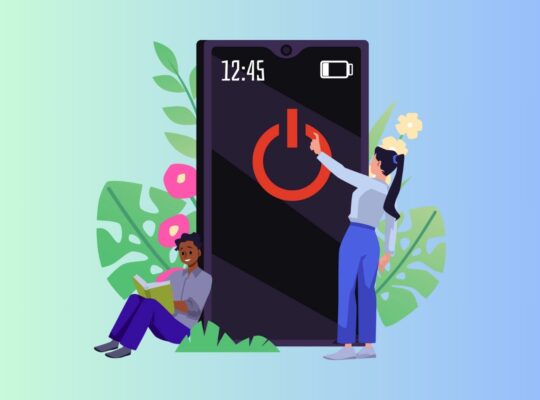All people experience inner conflict throughout their lives. Not all conflicts exist between yourself and the world around you – you are going to face struggles where you find yourself in some kind of internal battle. Understanding inner conflicts can be challenging. To make this process a bit easier, consider adopting these top ten tips to better understand your own inner conflicts.
Related: Top 10 Tips To Better Understand How You See Yourself
#1 Think About The Decisions You Struggle Most To Make
A great way to better understand your inner conflicts is to think about the decisions you struggle most to make. When you struggle to make a decision, it may be due to some kind of inner conflict you are experiencing. For example, if you are struggling to make a decision about what is the right thing to do in a situation, it may be indicative of a struggle with a specific type of inner conflict.
#2 Make Sure You Have A Good Understanding Of Your Own Core Values And Beliefs
A person’s unique set of core values and beliefs serve as the Crux on which every decision and action they make rests. Typically, people make decisions based on their core values and beliefs because they closely align with what they believe to be most right and true.
If you have a good understanding of your own core values and beliefs, you will also be able to understand your inner conflicts much better. When people experience inner conflict, it is because something they are struggling with is directly related to one of their core values or beliefs.
Related: Top 10 Tips To Better Understand How Your Past Shapes You
#3 Make Sure You Understand Your Biggest Goals, Hopes, And Dreams In Life
Another common source of inner conflict in a person’s life is making decisions that align directly with their biggest goals, hopes, and dreams. It isn’t unusual to find yourself tempted by a decision that doesn’t align with your hopes and dreams in life.
You may feel temporarily seduced by an option that will not benefit you in the long run towards your big hopes and dreams. Making sure that you understand what your goals, hopes, and dreams are in life can help you understand when you are experiencing an inner conflict because that conflict may directly contradict your long term desires.
#4 Understand Your True Identity
Knowing your true self is a great way to understand your inner conflicts better. when you fully understand all the different pieces and parts that make you the unique human being that you are, it is easier to understand when something creates a sense of inner conflict within yourself. take some time to really understand all the different parts of your identity, including…
- Your core values and beliefs
- Your hopes, goals, and dreams
- Your various roles in your relationships (examples: a parent, a supervisor, a best friend, a spouse, a neighbor, etc.)
- Your interests and hobbies
- Your spiritual beliefs
…and many more!
Related: Top 10 Tips To Better Understand Your Identity.
#5 Get To The Root Cause Of What Causes You To Feel Conflicted
Doing the hard, emotional work of getting to the root cause of your inner conflicts is an excellent way to better understand them. Many people do not really understand what causes them to experience inner conflict because they are afraid of experiencing big, difficult emotions and exploring these deep, dark parts of themselves.
Any time you are trying to learn more about your inner conflicts, you may discover some difficult truths about yourself. However, doing this hard work to get to the root cause will help you understand your inner conflicts better so you can begin to solve them in a productive manner.
#6 Learn How To Identify The Main Sources Of Inner Conflict
To better understand your inner conflicts, practice identifying their main sources. Sometimes, when you are feeling big and difficult emotions, it can be challenging to find the precise cause of what is causing you to feel upset.
Practice working through your experiences, thoughts, and feelings so you can identify the main sources of your inner conflict without getting distracted by the details.
#7 Practice Taking An Analytical Look At Other People’s Behaviors
It is important to remember that people’s behaviors are a form of communication. when you see someone behave in a certain way, they are trying to communicate something to you and other people.
Sometimes, those behaviors can cause you to experience your own sense of inner conflict. This is why it is important to take analytical looks at other people’s behaviors instead of accepting them at face value. If you notice yourself feeling conflicted over someone else’s behavior, take some time to analyze the situation carefully and understand exactly why what they are doing is causing you to feel that way.
#8 Identify “Steps Forward” You Can Take To Remedy Inner Conflicts
Often, when people find themselves experiencing inner conflict, they feel like they are stuck in a loop that they cannot escape. Rather than actually finding a good solution to the inner conflict, they allow it to keep gnawing away at them and making them feel uncomfortable.
The next time you experience an inner conflict, practice identifying a step forward you can take that will help you actually remedy the problem. Once you have identified your best next step, actually take it.
#9 Get Comfortable With Your Uncomfortable Emotions
A great way to understand your inner conflicts is to get comfortable with being uncomfortable. This means that you allow yourself to actually process and feel all of your emotions, even the most difficult ones, when you are going through an inner conflict. Working through big and challenging emotions is tough, messy work, but doing so will give you a lot of insight about your inner conflicts and what is causing them.
#10 Understand How Inner Conflict Translates Into Life For You
Although inner conflicts are problems that you hold within yourself, there are ways that inner conflict can “escape” your mind and affect your life. For example, many people experiencing an inner conflict may notice themselves feeling extra anxious and stressed.
This anxiety and stress can translate into real life, external conflict, such as struggling to focus, disrupted sleep patterns, and a lack of appetite. Knowing how your inner conflict translates into your life is a great way to understand them better.








